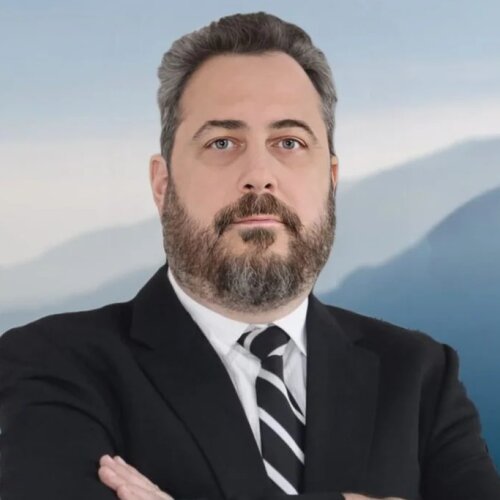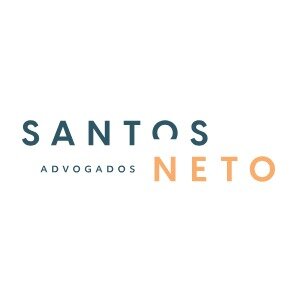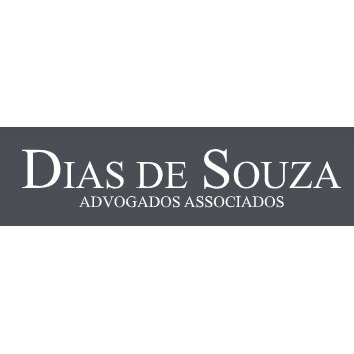Best Banking & Finance Lawyers in São Paulo
Share your needs with us, get contacted by law firms.
Free. Takes 2 min.
List of the best lawyers in São Paulo, Brazil
About Banking & Finance Law in São Paulo, Brazil
The city of São Paulo is a financial powerhouse, not just within Brazil, but across Latin America. As a financial hub, the region hosts numerous banks and financial institutions, dealing in complex transactions both domestically and internationally. The field of Banking & Finance law encompasses regulations related to these financial entities, covering areas such as lending, securities, corporate finance, capital markets, and more. São Paulo's robust financial market necessitates a comprehensive legal structure to manage these areas effectively, with oversight from both federal and local bodies.
Why You May Need a Lawyer
Legal guidance is often crucial in the Banking & Finance sector due to its complexity and the significant financial and regulatory implications involved. Common situations where legal expertise might be necessary include: negotiating and drafting lending agreements, handling disputes between financial institutions and clients, navigating regulatory requirements, managing compliance issues, pursuing debt recovery, and engaging in asset management and investment activities. In such scenarios, lawyers offer tailored advice, risk assessment, and strategic solutions to safeguard clients' interests.
Local Laws Overview
In São Paulo, Banking & Finance laws are predominantly regulated at the federal level. The Central Bank of Brazil and the National Monetary Council play crucial roles in setting guidelines. Key pieces of legislation affecting financial activities include the Brazilian Civil Code, the Brazilian Corporations Law, and various financial market regulations. Compliance with anti-money laundering laws and tax regulations, adherence to foreign exchange regulations, and ensuring consumer protection are particularly salient in São Paulo's regulatory framework.
Frequently Asked Questions
What are the main regulatory bodies overseeing Banking & Finance in São Paulo?
The Central Bank of Brazil and the National Monetary Council are primary regulators, alongside the Securities and Exchange Commission of Brazil (CVM) for securities markets.
What is the role of a Banking & Finance lawyer in contract negotiations?
Lawyers help draft, review, and negotiate contracts to ensure they comply with legal standards and protect your interests, minimizing potential risks and liabilities.
How does consumer protection law impact banking in São Paulo?
The Consumer Defense Code in Brazil imposes strict regulations on banks to ensure fair treatment of clients, covering transparency, fair terms, and dispute resolution processes.
Can foreign banks operate in São Paulo?
Yes, but they must comply with local regulations and obtain necessary licenses from the Central Bank of Brazil to establish operations and provide services.
What happens if a bank fails to meet regulatory requirements?
Non-compliance can result in heavy fines, sanctions, or even revocation of licensing, impacting a bank's ability to operate in the financial market.
What is the process for resolving banking disputes in São Paulo?
Many disputes are settled through mediation or arbitration, given the Brazilian legal system’s encouragement of alternative dispute resolution methods, aside from traditional litigation.
Are there special considerations for fintech companies operating in São Paulo?
Yes, fintechs must navigate a unique regulatory landscape, often involving technology-related compliance requirements and obtaining special authorizations.
How are mergers and acquisitions handled legally in the financial sector?
M&A in the banking sector involves a complex review of financial, legal, and regulatory implications, often requiring approval from regulatory bodies.
What's the importance of anti-money laundering laws in São Paulo?
These laws are critical for preventing financial crimes and require stringent compliance protocols from financial institutions to monitor and report suspicious activities.
How can individuals protect their savings and investments legally?
By consulting with legal experts to ensure that all transactions are secured, in compliance with financial regulations, and aligned with best investment practices.
Additional Resources
For further assistance, consider reaching out to the Brazilian Bar Association (OAB) in São Paulo for lawyer referrals, consulting the Central Bank of Brazil for regulatory guidance, or visiting the website of the Securities and Exchange Commission of Brazil for investment information. Additionally, consumer protection agencies provide resources and assistance in understanding consumer rights related to banking services.
Next Steps
If you find yourself needing legal assistance in the field of Banking & Finance, start by identifying the specific nature of your issue. Consider consulting with a specialized lawyer who can provide expertise tailored to your needs. Review the qualifications and experience of potential lawyers, and for complex issues, consider engaging those with a proven track record in finance law. Utilize resources from local bar associations to ensure the legal practitioner is in good standing. Finally, prepare all relevant documents and information to facilitate a comprehensive legal consultation.
Lawzana helps you find the best lawyers and law firms in São Paulo through a curated and pre-screened list of qualified legal professionals. Our platform offers rankings and detailed profiles of attorneys and law firms, allowing you to compare based on practice areas, including Banking & Finance, experience, and client feedback.
Each profile includes a description of the firm's areas of practice, client reviews, team members and partners, year of establishment, spoken languages, office locations, contact information, social media presence, and any published articles or resources. Most firms on our platform speak English and are experienced in both local and international legal matters.
Get a quote from top-rated law firms in São Paulo, Brazil — quickly, securely, and without unnecessary hassle.
Disclaimer:
The information provided on this page is for general informational purposes only and does not constitute legal advice. While we strive to ensure the accuracy and relevance of the content, legal information may change over time, and interpretations of the law can vary. You should always consult with a qualified legal professional for advice specific to your situation.
We disclaim all liability for actions taken or not taken based on the content of this page. If you believe any information is incorrect or outdated, please contact us, and we will review and update it where appropriate.
Browse banking & finance law firms by service in São Paulo, Brazil
São Paulo, Brazil Attorneys in related practice areas.

















